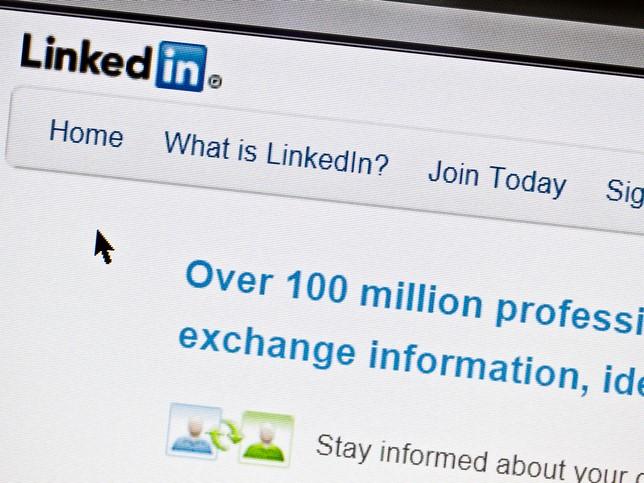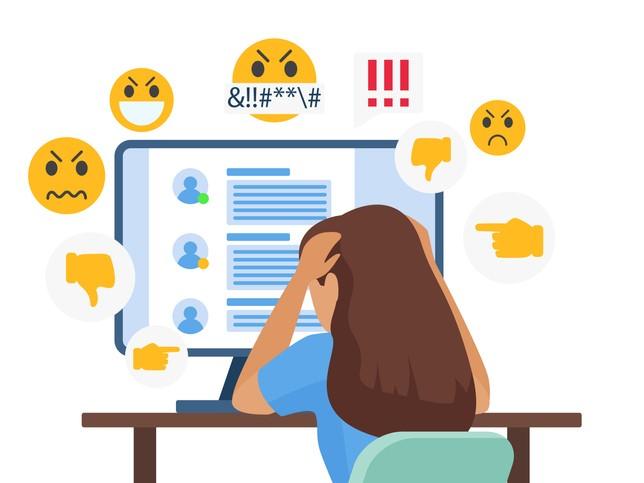LinkedIn is now considered an essential tool for academics, both for networking and getting yourself out there, whether it be through posting about new pedagogical trends, a new job or showing off a teaching award or new publication.
As self-respecting early career researchers, we were discussing that, although we have LinkedIn profiles, recently we found that we don’t scroll through the platform feed as much as we have in the recent past. Why? We got tired of seeing people constantly bragging about their latest career successes. We both lamented the frustration we felt seeing colleagues post about their new publications while we were facing rejections ourselves.
Seeing everyone else’s successes made us question our own career success and professional ability. This got us thinking, when using LinkedIn, “Why is it that other people seem to be progressing faster than me? And why am I feeling bad about others’ successes?”
- I took an alternative route to academic success – and I’m happier than ever
- Students aren’t giving up social media, so teach them how to question it
- Social media can help new students make friends – but we must regulate it
A discussion with colleagues with more years in academia under their belts made us realise that we were not alone in feeling dejected when using LinkedIn – and that this doesn’t disappear even when you are established in a field. Together with our co-authors, we decided to investigate the topic and hopefully get a publication that we, too, could post on our LinkedIn. Through online experiments, we examined how viewing idealised, self-promotional posts on LinkedIn leads to mixed emotions.
We found that when participants viewed the posts of acquaintances succeeding on LinkedIn, they felt similarly to us. Furthermore, we found that the level of dejection felt by participants was proportional to how unsatisfied they were with their current level of career success; when people are unhappy with their present level of success, viewing these idealised posts makes them feel far worse than those who are happy with their current career success level.
However, it is not all doom and gloom when using LinkedIn. Our research also found that viewing these posts produced a positive emotion as well, specifically participants’ symhedonia, which is a more esoteric way of saying “joy for others”. This generally increased if the poster was a close friend but was still there even with an acquaintance.
With universities and employers increasingly encouraging students and employees to use LinkedIn, it is crucial to consider the potential mixed emotional effects this platform – like other social media – has on users and how to mitigate these.
There is growing concern over how social media encourages people to constantly compare themselves to other users, which can lead to feelings of anxiety and even depression. Yet, along with the increasing number of studies looking at the negative impact of social media platforms such as Facebook and Instagram, we believe LinkedIn also comes with its dark side.
So, should we stop using LinkedIn and go back to the old paper CV and cover letter, and only network over coffee at conferences? The answer is no. LinkedIn has many important benefits in helping academics build a strong network, get recognised for their achievements and share knowledge. And although it can make us feel worse about our own careers, there are ways to reduce this feeling. Here are a few things to consider to help make LinkedIn a positive experience:
People only post about their successes
Just like other social media platforms such as Instagram and Facebook, people use LinkedIn for self-promotion purposes, showing off their career successes to peers and recruiters. Of course, it is easier to flaunt successes rather than failures. Remember that what you see on LinkedIn is not the full picture: there may have been a dozen rejections before this newly published paper your colleague is bragging about.
It’s OK to not be OK
Don’t forget that everyone feels a little sad when they see others’ constant achievements. This is particularly true if you’re an early career researcher, as you have not reached your career progression objectives yet. So don’t feel bad about feeling bad! And take a break if you need to.
Get your mind off career success
LinkedIn is an appropriate platform for self-promotion, but that’s not its only use. It is also a great space for disseminating your knowledge, getting training and learning about other ways of working, industries and companies. If you’re tired of seeing other people’s self-promotional posts, stop scrolling and explore the other features LinkedIn has to offer.
Use others’ success as a motivation
If you feel dejected after seeing someone else boasting about their achievements on LinkedIn, it may mean you are not quite where you want to be in terms of career progression – yet. Take this as an opportunity to (re)assess your career objectives and how to reach them. What is the next success you are looking forward to boasting about on LinkedIn?
Blow your own horn
LinkedIn is not only for others to share their success. Be proud of your own achievements and share them with your network. And if you’re not a fan of the purely self-promotional post, consider whether there is anything about your achievement that can be useful to someone else. For example, sharing a recently published paper on LinkedIn is a great way to show off your latest success while sharing your findings with an audience who might find them useful.
Beyond this general advice aimed at users, employers should also consider their responsibility in reducing the negative effects coming from their employees’ LinkedIn usage and may want to pass on these recommendations to their staff.
Laura Lavertu is a PhD researcher and teaching assistant, and Sebastian Oliver is a PhD researcher and communications officer, both at the University of Edinburgh Business School. They would like to acknowledge the work of co-authors Ben Marder and Kirsten Cowan at the University of Edinburgh and Ana Javornik at the University of Bristol.
If you found this interesting and want advice and insight from academics and university staff delivered direct to your inbox each week, sign up for the THE Campus newsletter.




comment